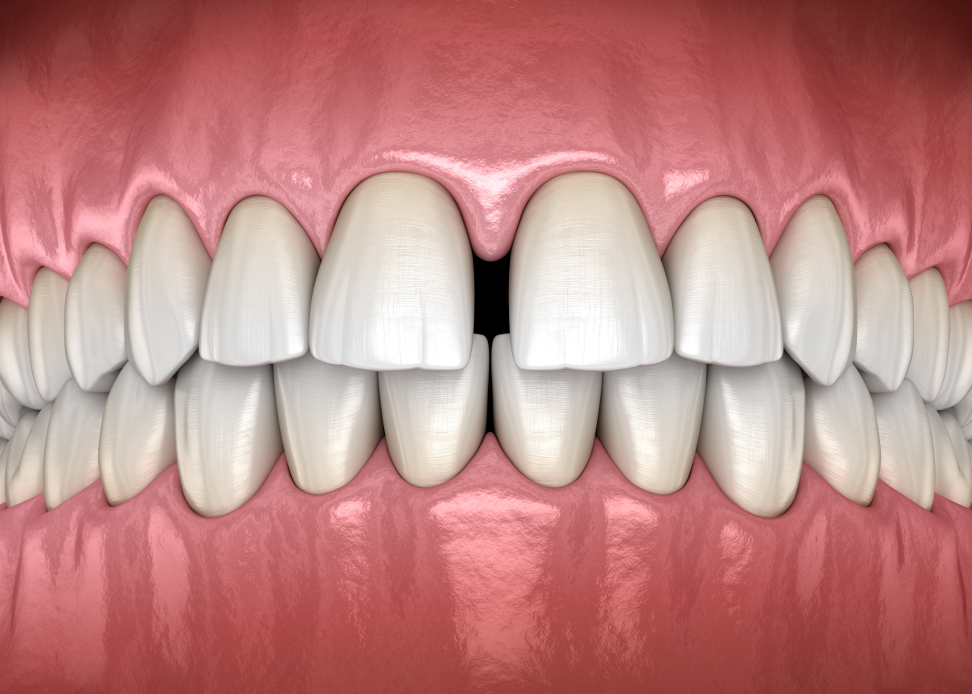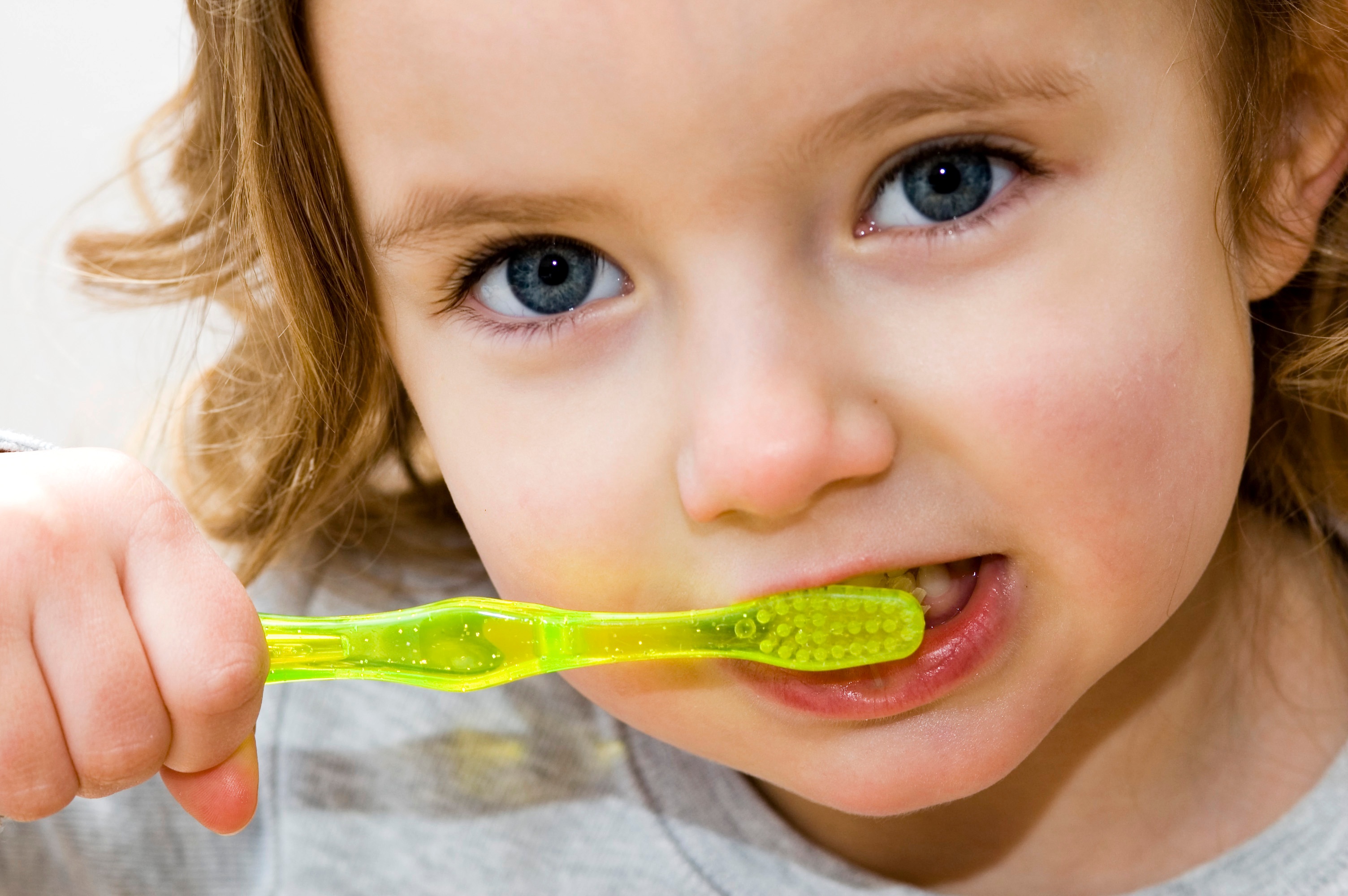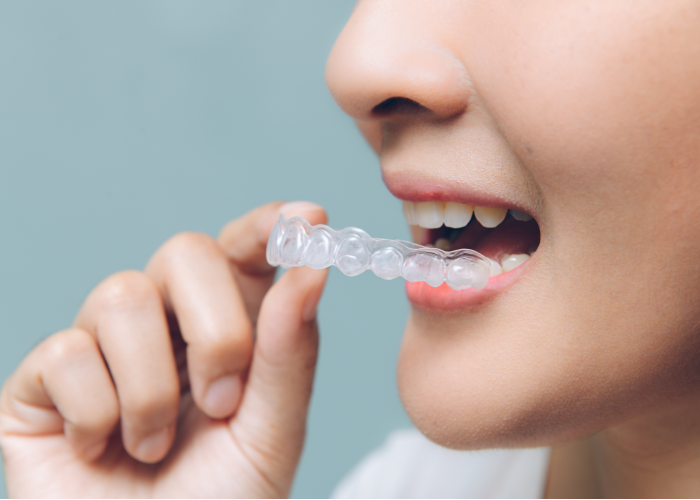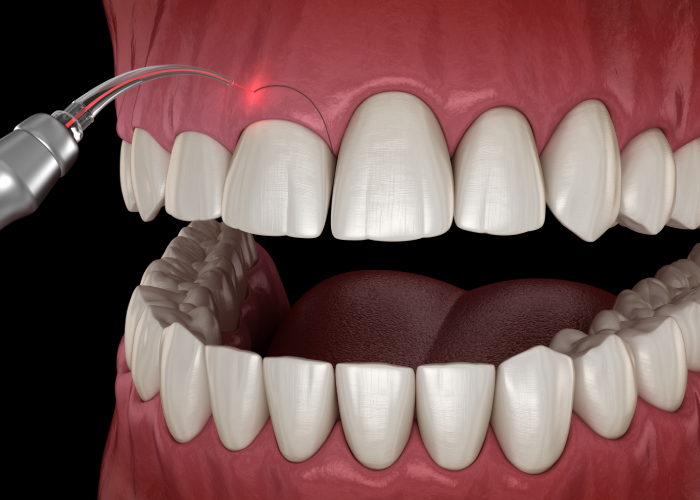Reasons to Use Mouthwash
_0_o.jpg)
Mouthwash is more than just an emergency remedy for bad breath. Using the right type of mouthwash can be very beneficial to overall dental health. Although mouthwash should never be considered as an alternative to brushing or flossing it does serve a useful purpose as it:
- Removes excess food particles and bacteria from the teeth
- Helps keeps difficult to reach gaps between teeth clean
- Helps reduce the build-up of plaque
There are two types of mouthwash. Over-the-counter mouthwash for general use and therapeutic mouthwash prescribed by a dentist to fight oral thrush, gum disease or other oral and dental disorders.
Find out more about mouthwash and its uses at https://yourdentalhealthresource.com/mouthwash-is-it-really-necessary/


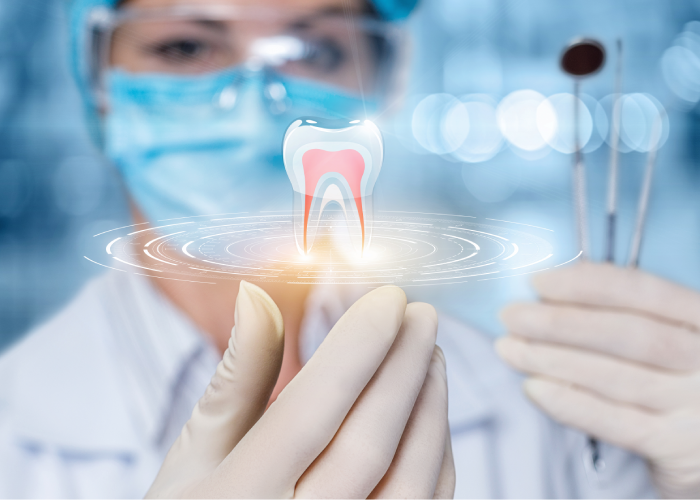
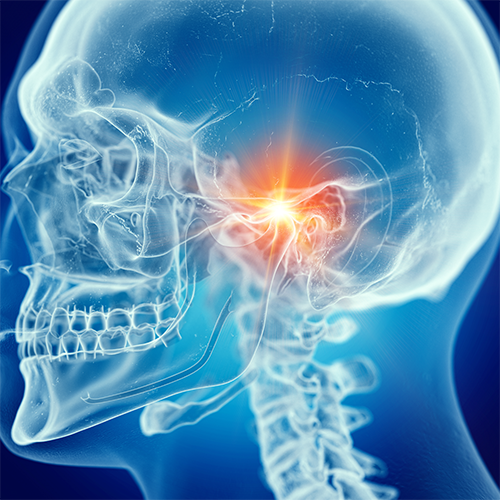

_0_o.png)
